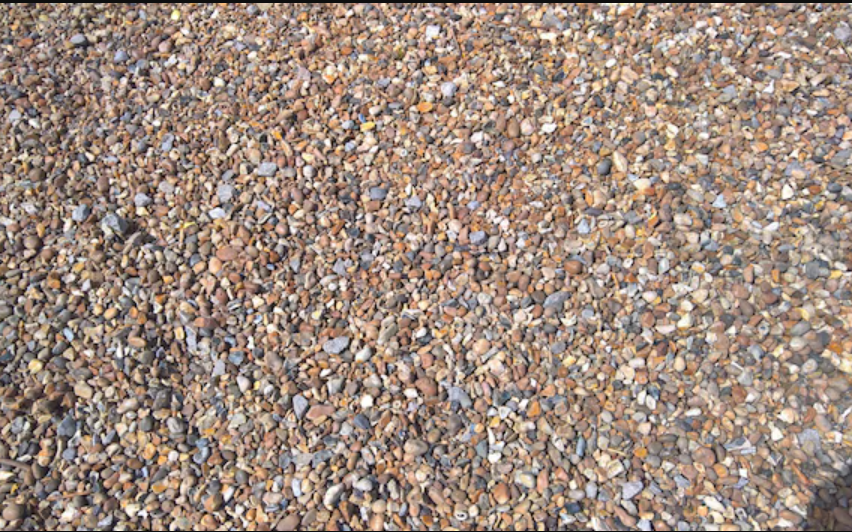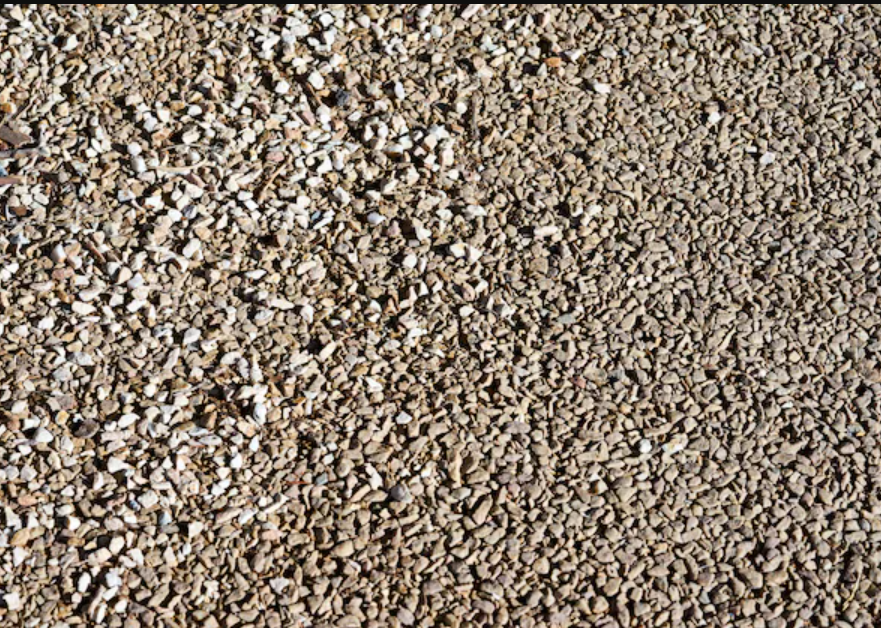Where to Buy Quality Crushed Gravel in California?
If you’re starting a construction job, planning a big landscape project, or even prepping a sports field, you’ve probably already realized one thing: crushed gravel in California is everywhere. And for good reason. It’s strong, reliable, drains well, and works for all kinds of projects.
But let me tell you, not all gravel is created equal. If you cut corners and get an inferior product, you'll find out. It won't last. It may not be even. It may even disrupt your drainage. And when it's down, it's a real hassle to repair.
So, where do you turn to find crushed gravel in California that actually lasts and gets the job done? Let's spell it out in a way that's easy, straightforward, and actually useful.
Why Crushed Gravel Is So Popular in California
First, let's get into why crushed gravel is such a favorite in California. This is no fluffy filler. It's one of the most useful materials available.
Looking for a solid foundation for a driveway or road? Gravel's your man. Need something to drain well in your yard so you don't have puddles after every rain? Gravel, once more. Constructing a baseball field? Sure, gravel's part of that too (literally).
It's employed in construction, landscaping, sports, drainage systems, and even decorative walks. And the good news? It looks fantastic, and it gets the job done.
What Makes Good Crushed Gravel?
Before we get into where to buy it, let’s talk about what to look for in quality crushed gravel in California:
- Consistent Size – You want gravel that’s evenly crushed. No weird chunks or dust unless you're going for a specific mix.
- Clean – It should be washed or screened so it doesn’t have a bunch of dirt mixed in.
- Good Compaction – For driveways or roads, you want gravel that packs in and holds its ground.
- Meets Local Specs – If you're working on something that must pass inspection (such as commercial or city projects), your gravel must meet state specs such as Caltrans or ASTM.
Regardless of whether you're a contractor or just maintaining your own property improvements, quality material means less trouble down the road.
Common Types of Crushed Gravel You'll Find
The most common California gravel sizes are:
- 3/4" Crushed Rock – Ideal for road base, concrete aggregate, or heavy driveways.
- 3/8" Pea Gravel – Ideal for landscaping and pathways. Appearing smooth and clean.
- Decomposed Granite (DG) – Very popular in California for garden trails, patios, and even as a decorative ground cover. Available in colors too.
- Base Rock – Ideal under pavers or for compacting large sections.
And don't overlook mixtures designed exclusively for baseball field materials. They might be a mix of clay, sand, and crushed gravel for a firm, safe, and low-dust surface.

Where People Get It Wrong While Purchasing Gravel
This is where people get it wrong:
They simply opt for the lowest price. That's okay for small DIY projects, but when you're purchasing tons of gravel, a couple of bucks saved can cost you in quality.
They never inquire about delivery. Gravel weighs a lot. Without considering delivery time and money, you either end up spending much more than you anticipated or pushing back your whole project.
They shop at big-box stores. Awesome for tools and paint, not bulk gravel. You'll usually have few choices, poor quality, and increased costs per ton.
How do you steer clear of that, then?
Look for These Indications in a Trustworthy Gravel Supplier
When searching for a spot to purchase crushed gravel in California, here's what you need to see:
- Experience – A business that has been doing this for years knows what they're doing. They'll suggest the appropriate material for your project, not merely what they have available.
- Local Inventory – Gravel that is sourced locally is likely newer, cleaner, and less expensive to ship.
- Bulk Pricing – If you're purchasing a number of tons, you should be paying less. Ask about volume discounts.
- On-Time Delivery – This is a doozy. Delays will kill a project schedule. Insist that the supplier has a reputation for being on time and professional.
- Project Knowledge – If you're constructing a patio or preparing baseball field materials, your supplier should know what each project requires.
Western Materials: Your One-Stop Shop for Gravel in California
If you’re reading this and thinking to yourself, "Who actually checks all these boxes?", let us tell you about Western Materials.
We've been providing top-grade gravel, sand, and other construction materials throughout Southern California for more than 40 years. We don't merely sell gravel; we know how it relates to your project. From laying a foundation, developing parks, installing pathways, or dealing with city projects, we've got the crushed gravel you require, and the support to go along with it.
We deliver all from 3/8" pea gravel to monster rip-rap, and our specialty mixes that are utilized in baseball field products, horse arenas, golf courses, and beyond.
And yes, we bring it right to your location, quick, clean, and on time.

Frequently Asked Questions
1. How much area will 1 ton of crushed gravel cover?
One ton of crushed stone typically covers around 70 to 100 square feet at 2 inches deep. Coverage will differ depending on the size and type of gravel, as well as its compactness.
2. Are there gravel roads in California?
Yes, particularly in rural, desert, and mountain regions, there are still gravel roads in California. They're used where paving would be too expensive or impractical. Private driveways and ranch roads also utilize crushed gravel for durability and drainage.
3. Is crushed gravel less expensive than concrete?
Absolutely. Crushed gravel is far less expensive than concrete, particularly for driveways, walkways, and foundation layers. And it's simpler and less expensive to put in, fix, or maintain over time.
4. What is California Gold Rock?
California Gold Rock is an attractive crushed gravel that features warm golden colors. It's a favorite for landscaping, garden paths, and decorative driveways. It's not only practical but also very good-looking, particularly in the California sun.
Final Thoughts: Get the Gravel, Avoid the Guesswork
Purchasing crushed gravel in California need not be a guessing game. You simply require a supplier that understands it, a supplier who knows what constitutes good gravel, is able to detail your choices in straightforward terms, and follows through on time without fuss.
Whether you're constructing something from scratch, improving your backyard, or procuring baseball field supplies for a sports complex, don't risk it.
Western Materials is here to assist you in getting the job done right, with quality materials, expert advice, and smooth, reliable delivery.
So if you're ready to begin, call us. We'll take you through your choices and get you a price that's right for you and your budget.
Because when the gravel's good, the whole project goes smoother.



.png)
.png)
.png)
.png)

.png)
.png)


